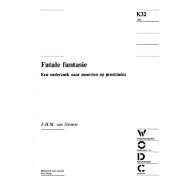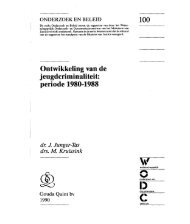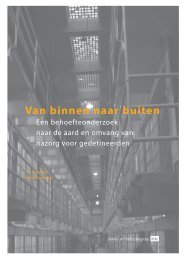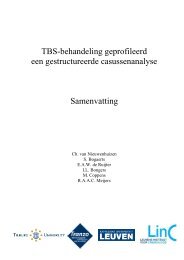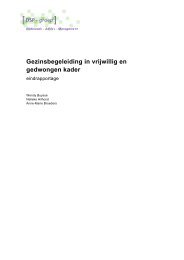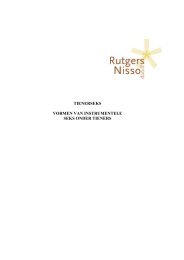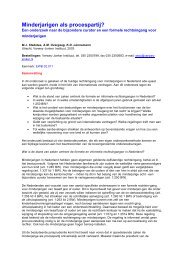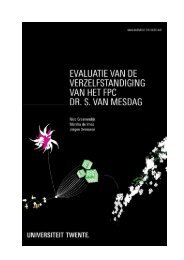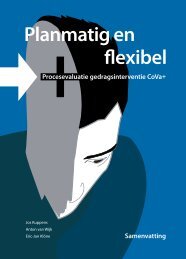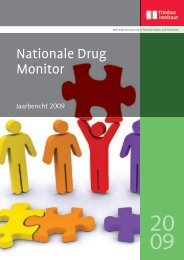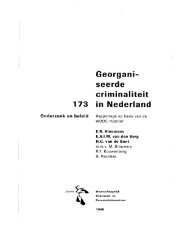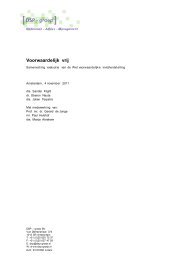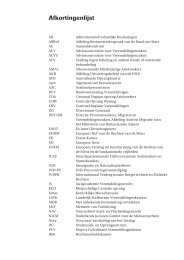You also want an ePaper? Increase the reach of your titles
YUMPU automatically turns print PDFs into web optimized ePapers that Google loves.
Summaries<br />
Justitiële verkenningen (Judicial explorations) is published nine times a<br />
year by the Research and Documentation Centre of the Dutch Ministry<br />
of Justice in cooperation with the publishing house Gouda Quint BV.<br />
Each issue focuses on a central theme related to criminal law, criminal<br />
policy and criminology. The section Summaries contains abstracts of<br />
the internationally most relevant articles of each issue. The central<br />
theme of this issue is (vol. 26, nr. 8, 2000): Turkey.<br />
Everything under control? Turkey and its islam<br />
N. Landman<br />
This article examines the role of islam in Turkish politics and society<br />
since February 1997. That month can be regarded as a turning point, as<br />
the Turkish military introduced a more hard-line approach towards<br />
islamic organisations, which in their view endanger the secular basis of<br />
the Turkish Republic. In this new approach many islamic institutions<br />
were closed down and their leaders prosecuted. The article explores the<br />
impact of the new policies on the islamic parties (the Welfare Party and<br />
its successor, the Virtue Party) and on the Nurcu movement led by<br />
Fethullah Gülen. Next, the mainstream forms of islam, which are loyal<br />
to Republican values, are discussed. The author concludes that the<br />
hard-line approach seems to succeed in causing a decline in political<br />
islam, but at a high price: the continued dominance of the state in<br />
religious life.<br />
Military, islam and secularism; identity politics in Turkey<br />
A.K. Yesilkagit<br />
Since the foundation of the Turkish Republic, the concept of ‘Turk’ has<br />
constantly been a matter of high politics. Various ideological movements<br />
and groups claim the Turkish identity. Identity politics take place<br />
in the state’s institutions, such as schools, societies of Turkish language<br />
and history, and universities. This article investigates the role of the<br />
Turkish armed forces in the politics of identity. Periods of military rule<br />
form important arenas for the politics of identity. Two interventions (12<br />
September 1980 and 28 February 1997) form the cases of this article.<br />
The article concludes that if the Turkish economy and policy becomes<br />
increasingly liberal the role of the armed forces will diminish in the<br />
politics of identity as the above mentioned institutions of the state no<br />
longer have the monopoly over the production of symbols and ideas<br />
that are instrumental for identity formation.<br />
Homogenous nation or multi-ethnic society; Turkey and the Kurdish<br />
question<br />
M.M. van Bruinessen<br />
The events surrounding Abdullah Öcalan’s arrest caused tension<br />
between Turks and Kurds but the nationalist emotions fanned by the<br />
Turkish press have subsided once the press began concentrating on<br />
126



